Table of Contents
Introduction

Inflammation comes in many forms and because of several different health issues. For example, those who suffer from arthritis will typically feel inflammation throughout their knees, knuckles, arms, and other areas where the arthritic condition has affected the body.
Those with edema will experience swelling and inflammation due to water retention. Some individuals tend to swell or experience inflammation in the evening, or after eating a heavy meal.
Regardless of what’s causing the inflammation, choosing the best anti-inflammatory supplements can help reduce your swelling with time. There are several supplements to consider when trying to treat inflammation, these are a few of the best products to include in your diet.
Boswellia
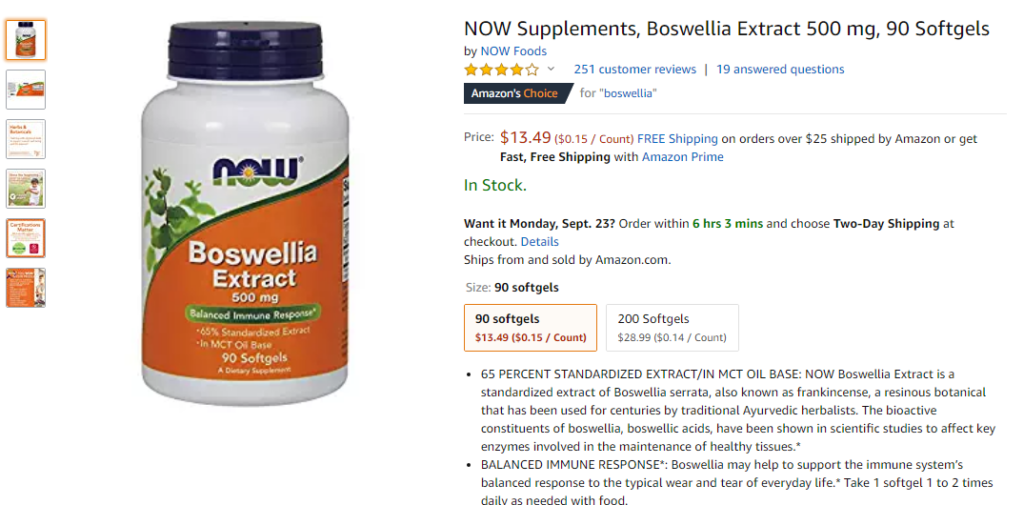
This is a tree which is native to India; the extract of these trees is made into a resin base paste, using the tree’s bark. The herbal-based supplement has analgesic and anti-inflammatory healing capabilities. It is available in pill form and can be purchased as an ointment/rub. Depending on the level of inflammation, it’s suggested to use 3000 to 4000 mg, up to three times per day, in treating your inflammation.
Fish Oil
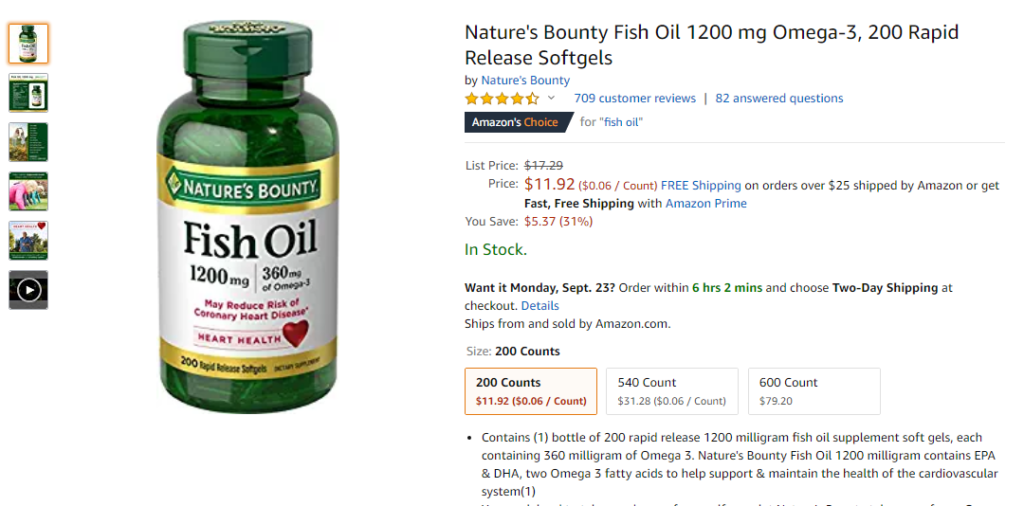
It helps in treating cholesterol, and helps you ingest the levels of omega fatty acids you don’t get from your diet alone. But, fish oil can also help in reducing chronic inflammation, as it is one of the best anti-inflammatory supplements available, and is one of the most readily available supplements you can find.
Halibut, cod, herring, and tuna, are some of the fish which contain the essential oil; given the fact that most people don’t consume these daily, supplementation is a great way to increase ingestion.
Ginger
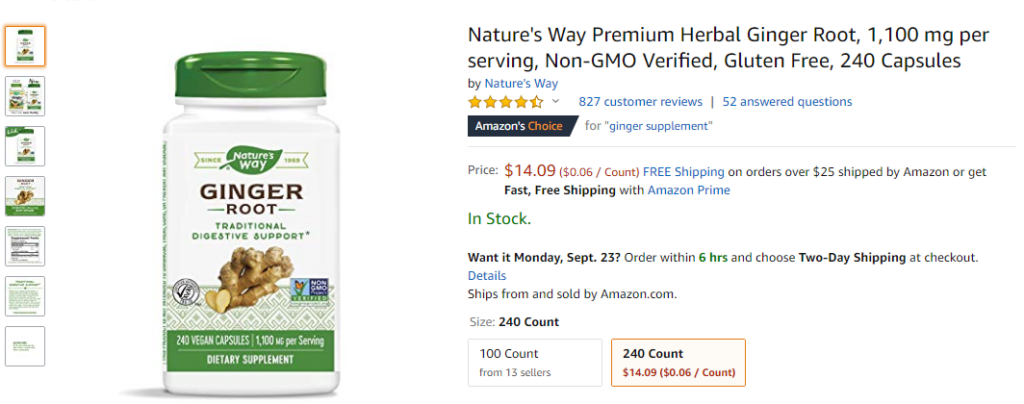
Ginger is known to possess many healing powers, and is one of the best anti-inflammatory supplements you can use to reduce swelling, pain, and discomfort associated with inflammatory conditions.
The properties in ginger supplements are similar to those in NSAIDs (like Tylenol), and can help with pain reduction, and help reduce swelling which is attributed to inflammatory conditions or water retention. Ginger is available in extract, powder, tea, ointment, and in supplement pill forms.
Alpha-Lipoic Acid
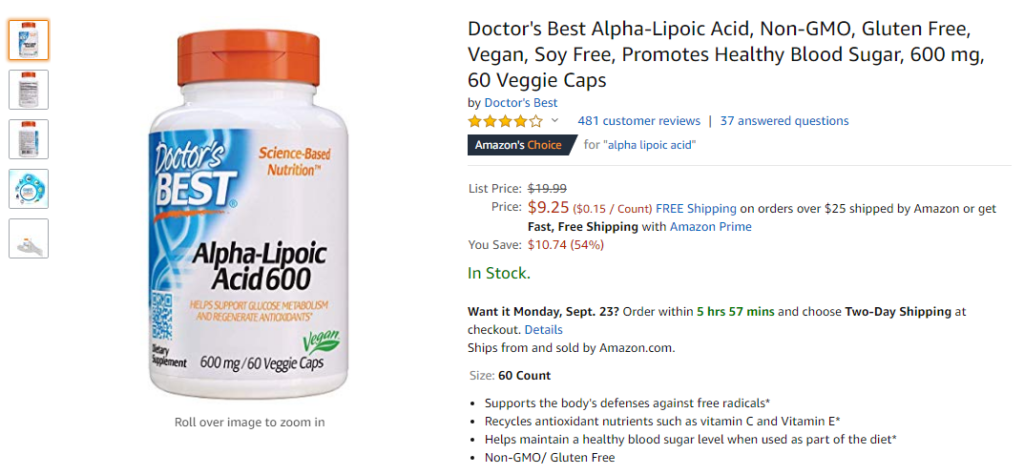
This antioxidant helps protect cells from damage, and plays a vital role in energy production and increasing your metabolism.
It can also help reduce blood pressure levels, and has several inflammatory marker blockers, to help reduce the levels of swelling people typically experience if they suffer from different chronic conditions.
Turmeric
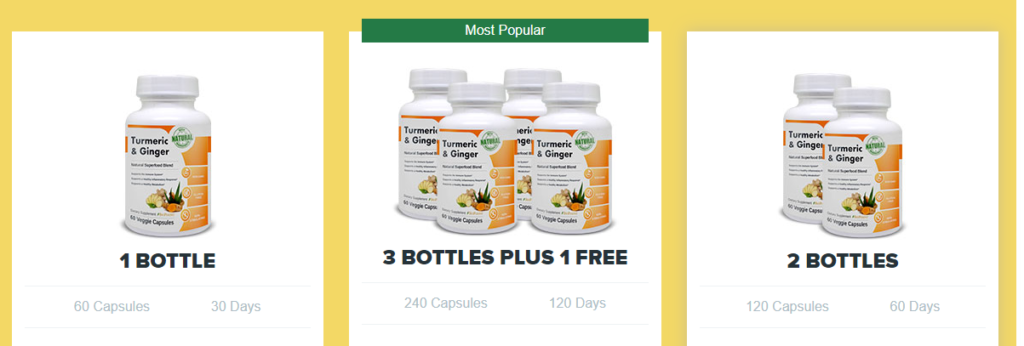
The perennial shrub is native to India, and the roots of turmeric are part of the ginger family. It’s one of the most recognized supplements for its anti-inflammatory capabilities .
The supplement works by blocking inflammatory enzymes and cytokines, and helps the body regulate swelling by preventing these enzymes from working through the circulatory system.
Curcumin
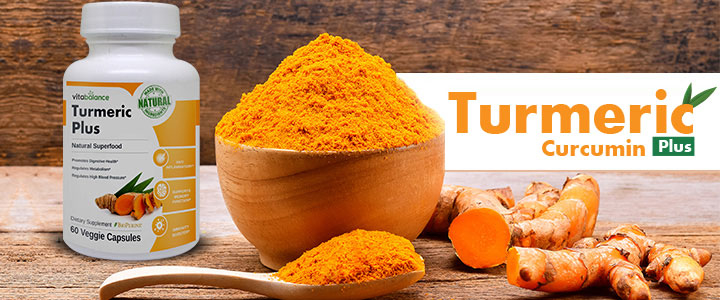
This supplement can help reduce inflammation which is symptomatic of conditions like rheumathoid arthritis and osteoarthritis. It can help prevent and reduce swelling, and also help in treating the pain and discomfort which is associated with these conditions as well.
It’s found in black pepper, and other spices/herbal blends, so it is possible to get this in your diet. However, most people will use a supplement to ensure they’re getting the right dosage when using this supplement for treating arthritis and other conditions which can cause swelling.
Spirulina
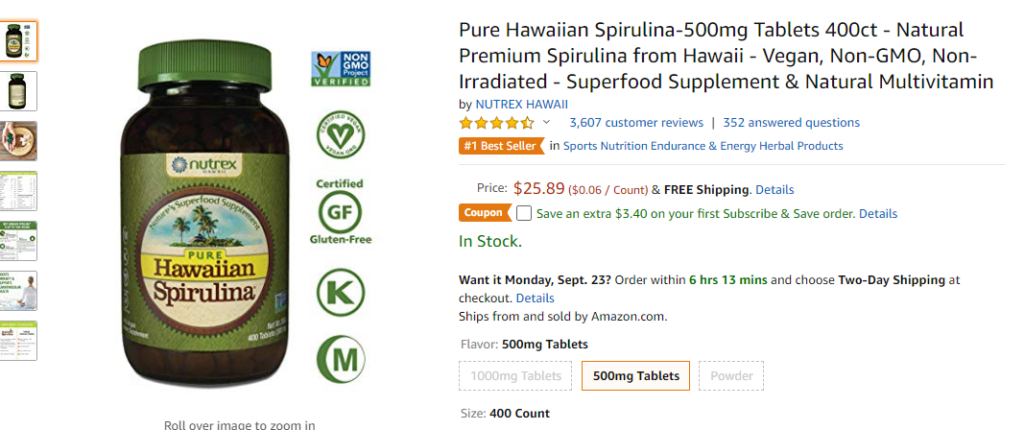
This is also known as blue-green algae, and it is known for strengthening the immune system, in addition to other health benefits it poses for users.
Reducing MDA markers, and reducing inflammation, are also byproducts of consuming this supplement on a regular basis, or consuming foods which contain high levels of the blue-green algae.
Adiponectin levels in this supplement also help in regulation of blood sugar levels, and have been found to help in treating certain metabolic conditions as well.
CBD
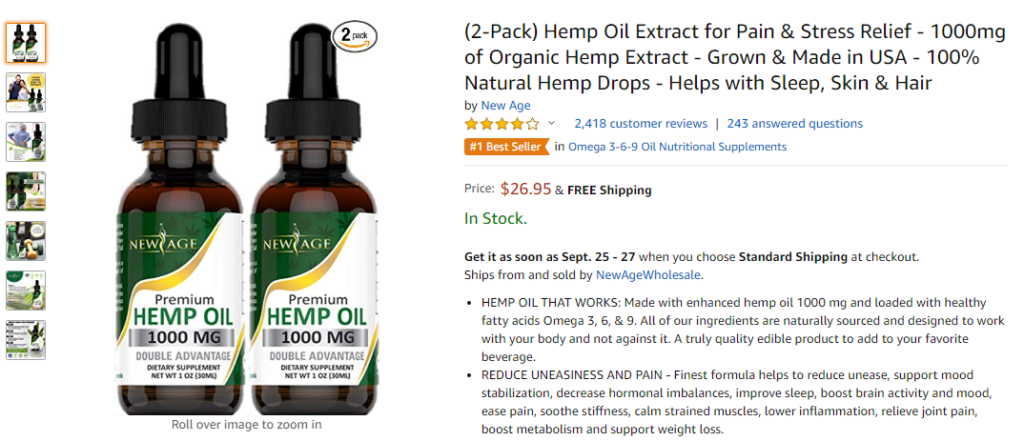
Many know it is potent in treating anxiety levels and other conditions; however, CBD is also one of the best anti-inflammatory supplements you can incorporate into your diet and daily regimen as well, if you suffer from certain arthritic conditions.
Derived from hemp, this supplement is known to help treat certain chronic conditions; in most cases, a prescription from a doctor is required if it is being used in treating chronic inflammatory conditions, as the dosage should be regulated.
In addition to treating chronic inflammatory conditions, it can help in reducing stress, pain, discomfort, anxiety, and other similar conditions over time.
There are many natural ingredients and anti-inflammatory supplements you can incorporate into your dietary regimen to help chronic inflammatory conditions. If you’re looking for specific products that contain these ingredients, there are also plenty to choose from.
Products Online for Inflammatory Treatment
On Amazon, as well as other online sites, there are several great options you can choose from when choosing the best anti-inflammatory supplements to help treat chronic and general inflammation.
Blue Lily Organics has a Turmeric Powder, or you can try House of Hemp oil drops which are available online without a prescription.
NutriFlair Ceylon Cinnamon is another great powder that’s available online, which contains cinnamon, curcumin, and other natural ingredients, to help in treating inflammation and other related chronic conditions.
There’s no single solution you can use when it comes to treating inflammatory conditions. For some who suffer from RA or other forms of arthritis, a prescription might be the best option for you.
For others who suffer from chronic pain and discomfort associated with inflammatory conditions, the supplements above might help in naturally reducing the levels of inflammation you experience regularly.
Regardless of the type of conditions, how frequently you suffer from inflammation, or the pain levels you experience, there are numerous natural supplements you can utilize.
These are a few of the best anti-inflammatory supplements you might want to consider adding to your diet. If you take other prescriptions or medication for inflammation or other health conditions, it’s important to speak to your doctor before incorporating a prescription medication or other supplements to your daily routine.
